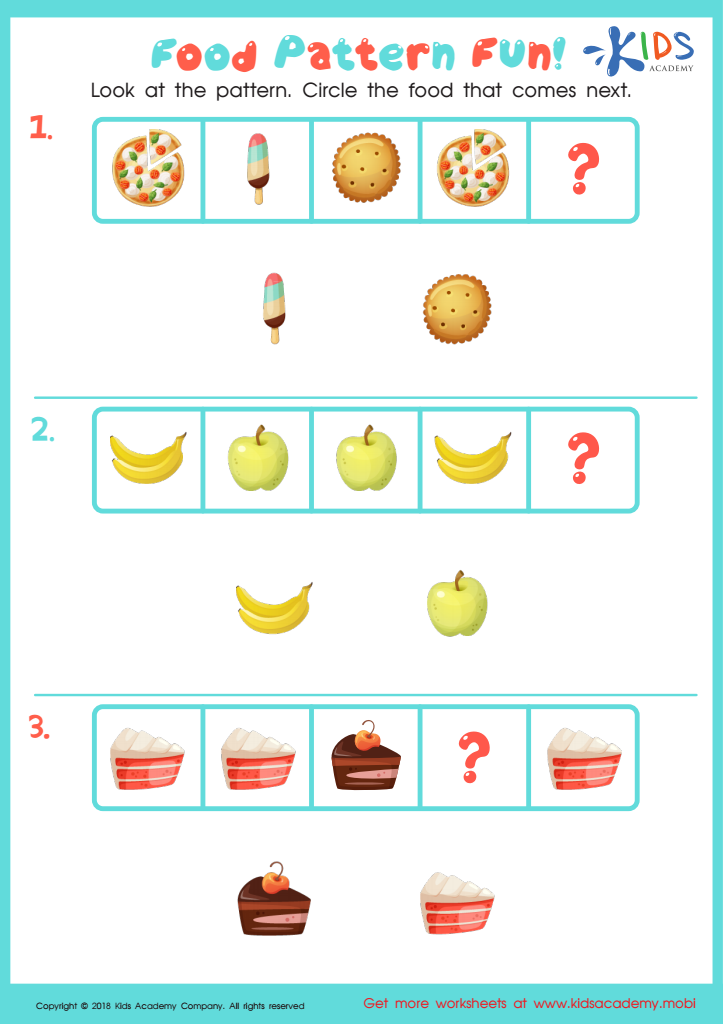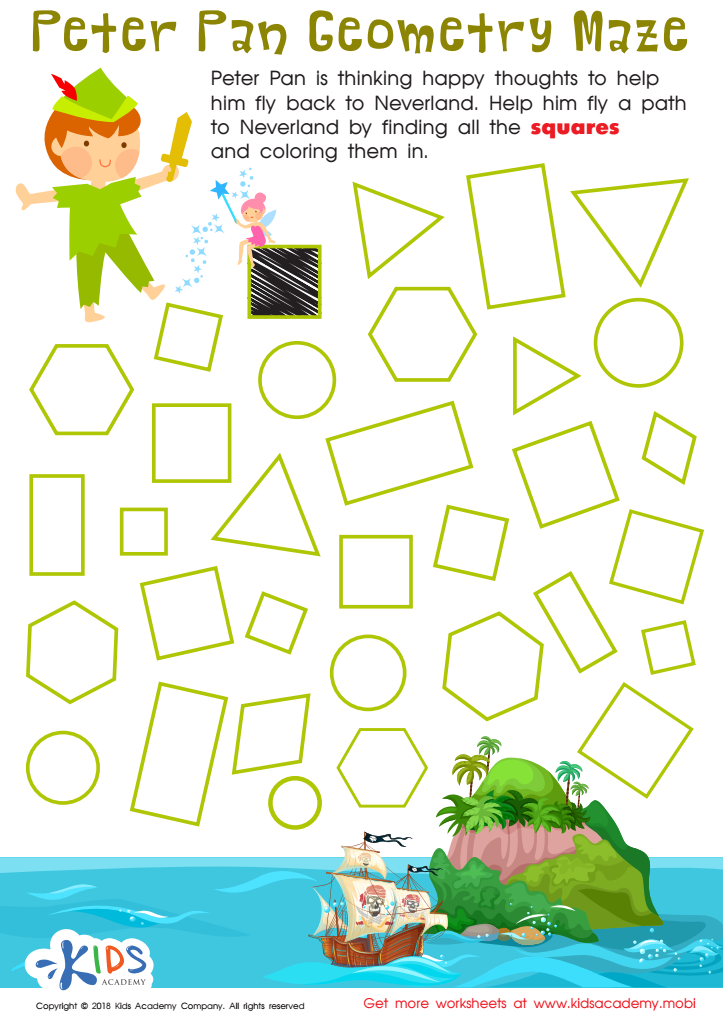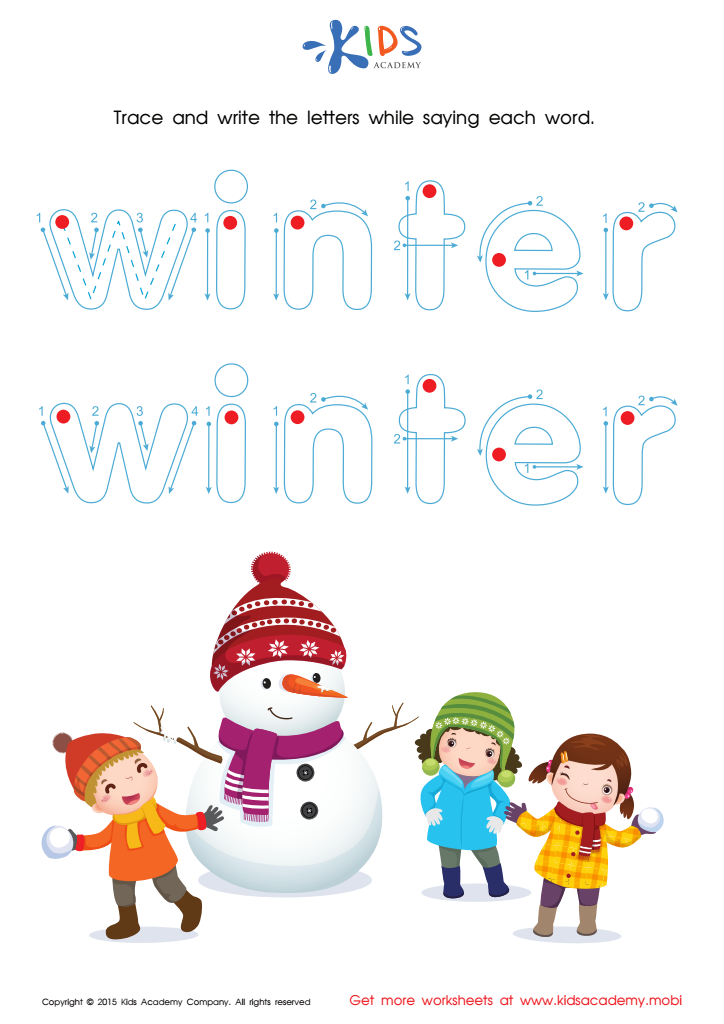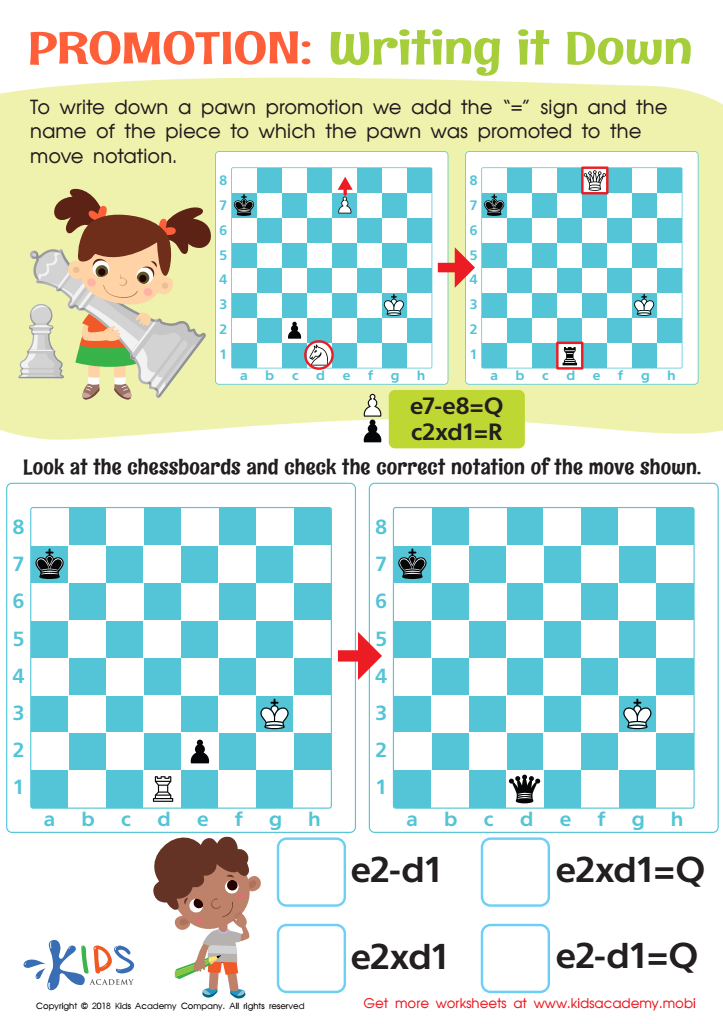Understanding Sequences Normal Worksheets for Ages 3-4
4 filtered results
-
From - To
Introduce young learners to the concept of sequences with our "Understanding Sequences" worksheets designed for ages 3-4. Kids Academy's carefully crafted worksheets help preschoolers develop essential learning skills through engaging activities. These printable resources focus on recognizing patterns, understanding the order of events, and nurturing critical thinking. Your child will enjoy vibrant illustrations and fun exercises that make learning sequences a delightful and educational experience. Ideal for both classroom and home use, our worksheets provide a solid foundation for early math skills while stimulating cognitive development in a playful, child-friendly way. Unlock your child's potential with Kids Academy!


Food Pattern Fun Worksheet


Peter Pan Worksheet


Snowman Tracing Winter Words Worksheet


Writing it Down Worksheet
Understanding sequences is a foundational skill that sets the stage for numerous cognitive and academic abilities. For children aged 3-4, this early engagement helps build critical thinking, memory, and problem-solving skills. Parents and teachers should prioritize this understanding because it aids in the development of logical thinking and the ability to predict what comes next in patterns, which are essential skills for future complex learning areas such as math and reading.
When children recognize and follow sequences, they learn the concept of order and progression. For example, understanding that events such as "first, we get dressed; then we eat breakfast; finally, we go to school" helps them grasp routine and stability, making transitions smoother and reducing anxiety.
Moreover, sequences are also fundamental in language development. Learning the sequence of a story, or patterning simple phrases, enhances their vocabulary and comprehension skills. It also fosters social skills, especially in activities that require turn-taking and following steps.
Engaging children in sequencing activities, such as arranging picture cards or singing songs with repetitive actions, makes learning enjoyable and effective. In summary, an early focus on sequences nurtures a child's cognitive and social development, crucial for their overall growth and future educational success.
 Assign to My Students
Assign to My Students



.jpg)














